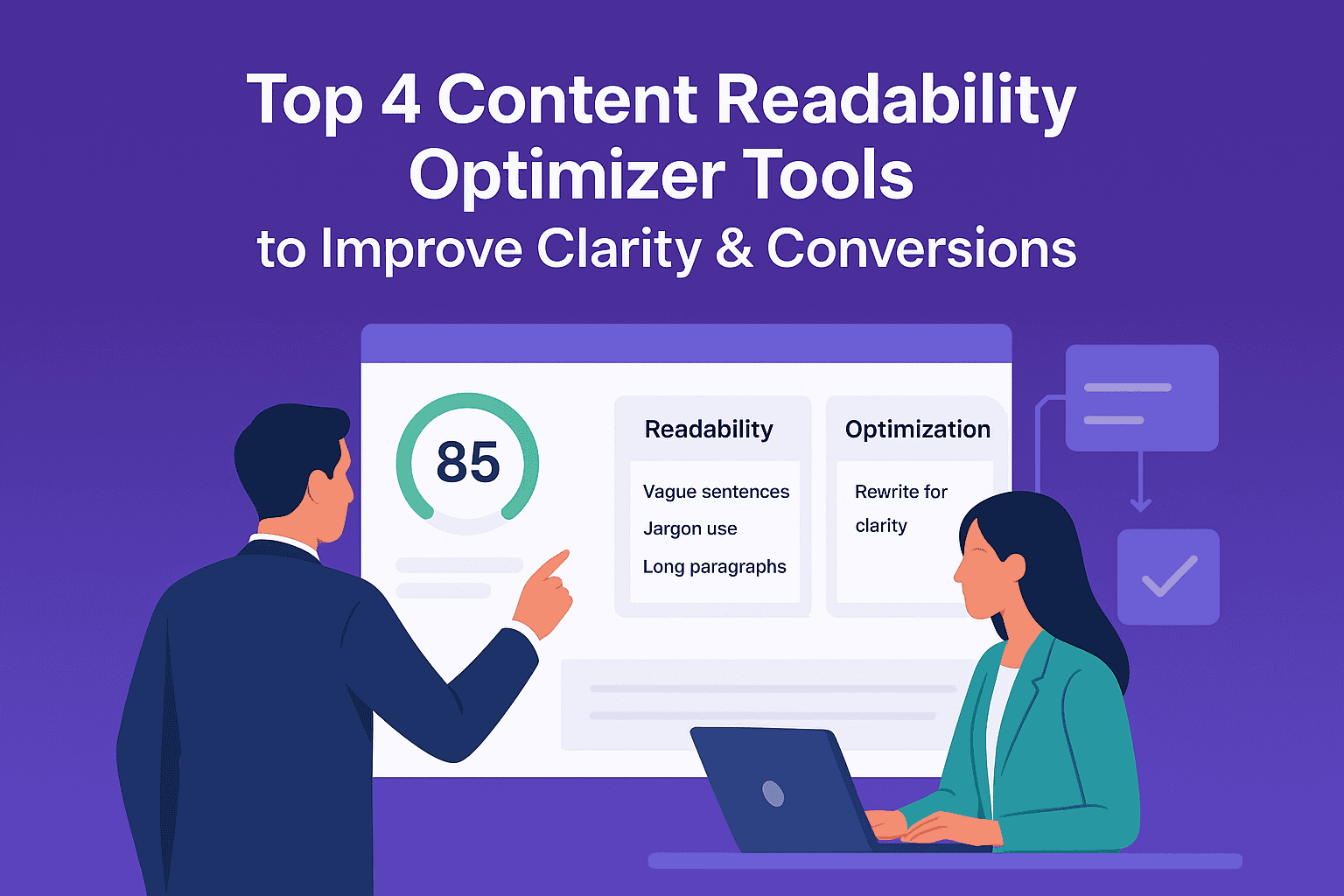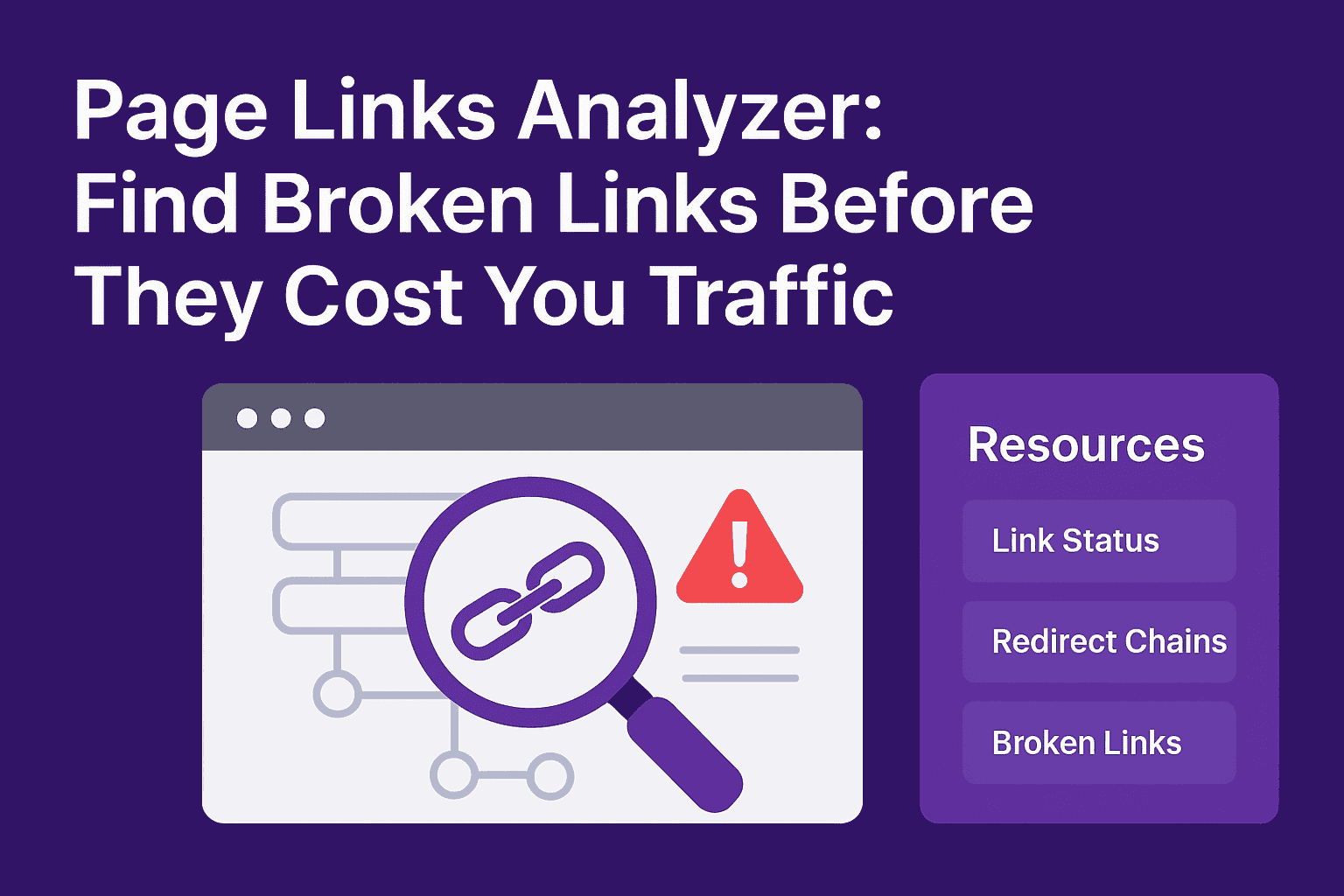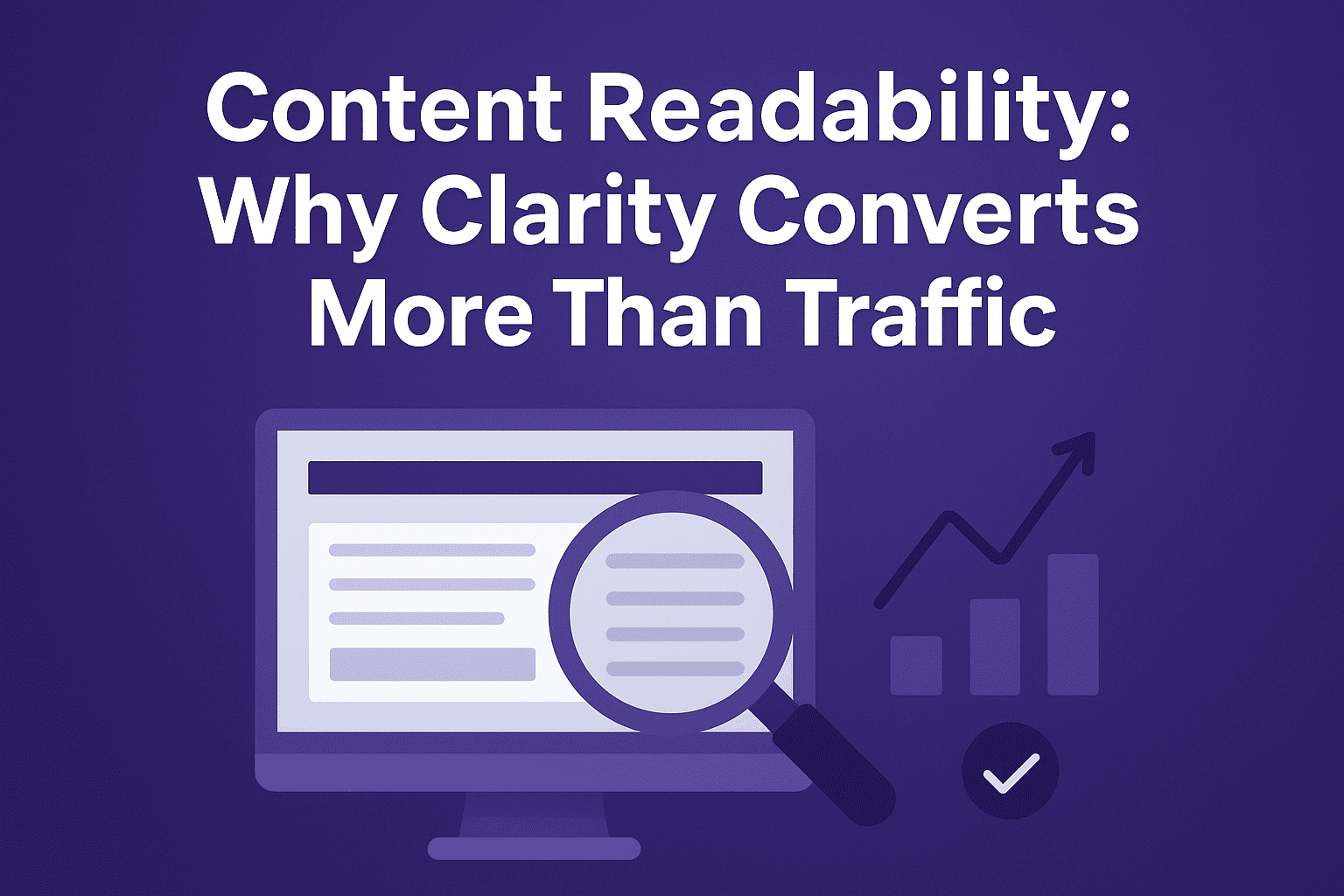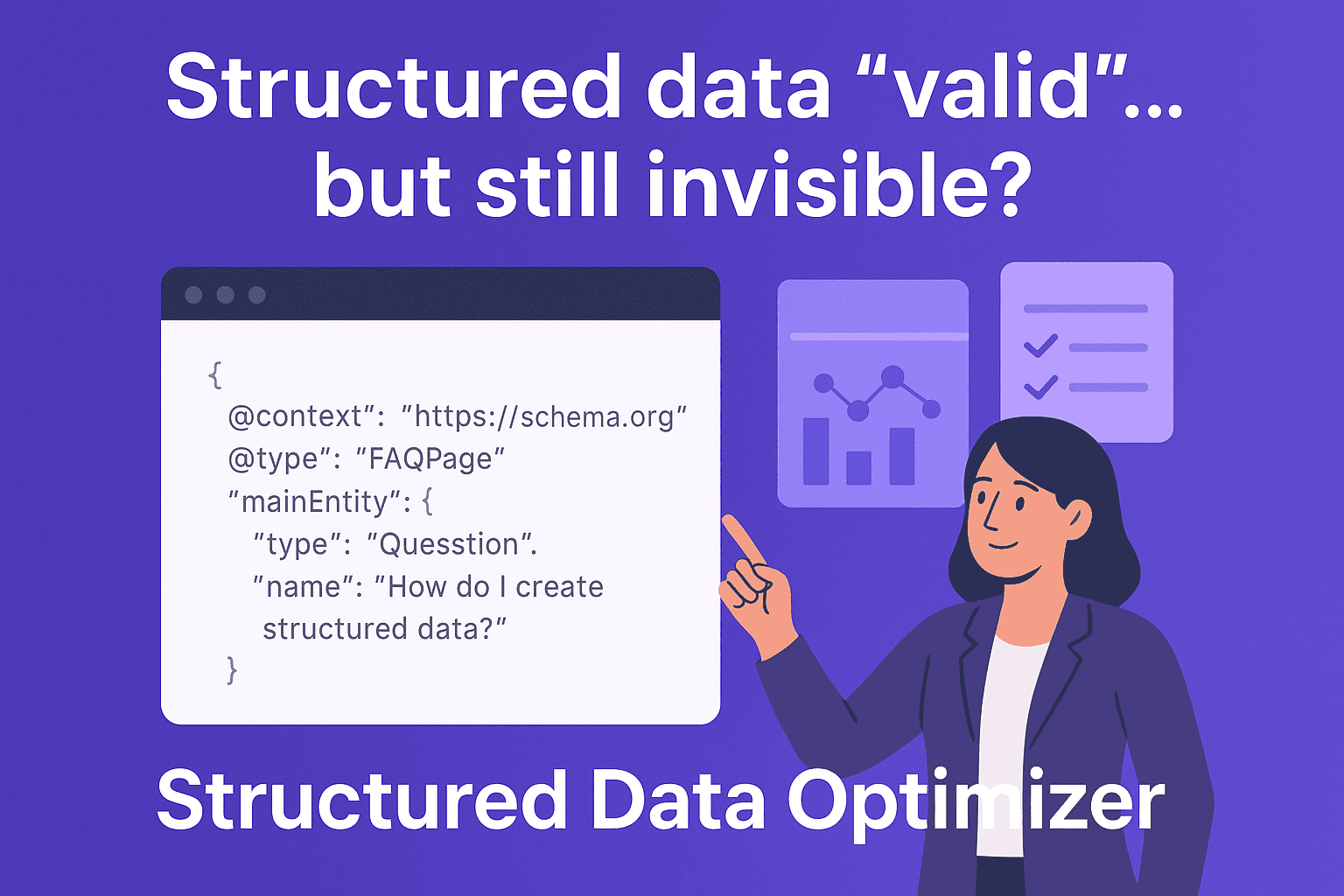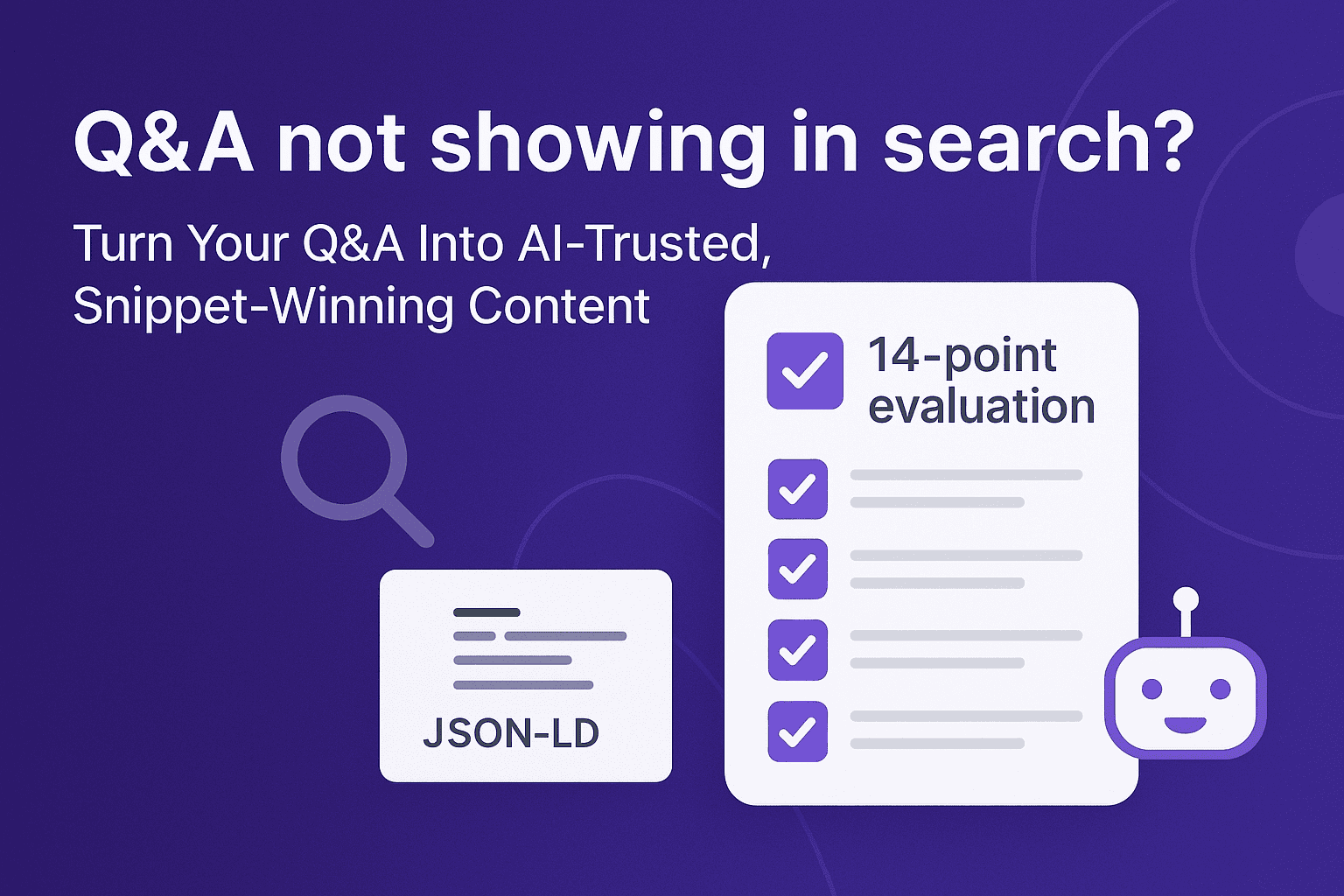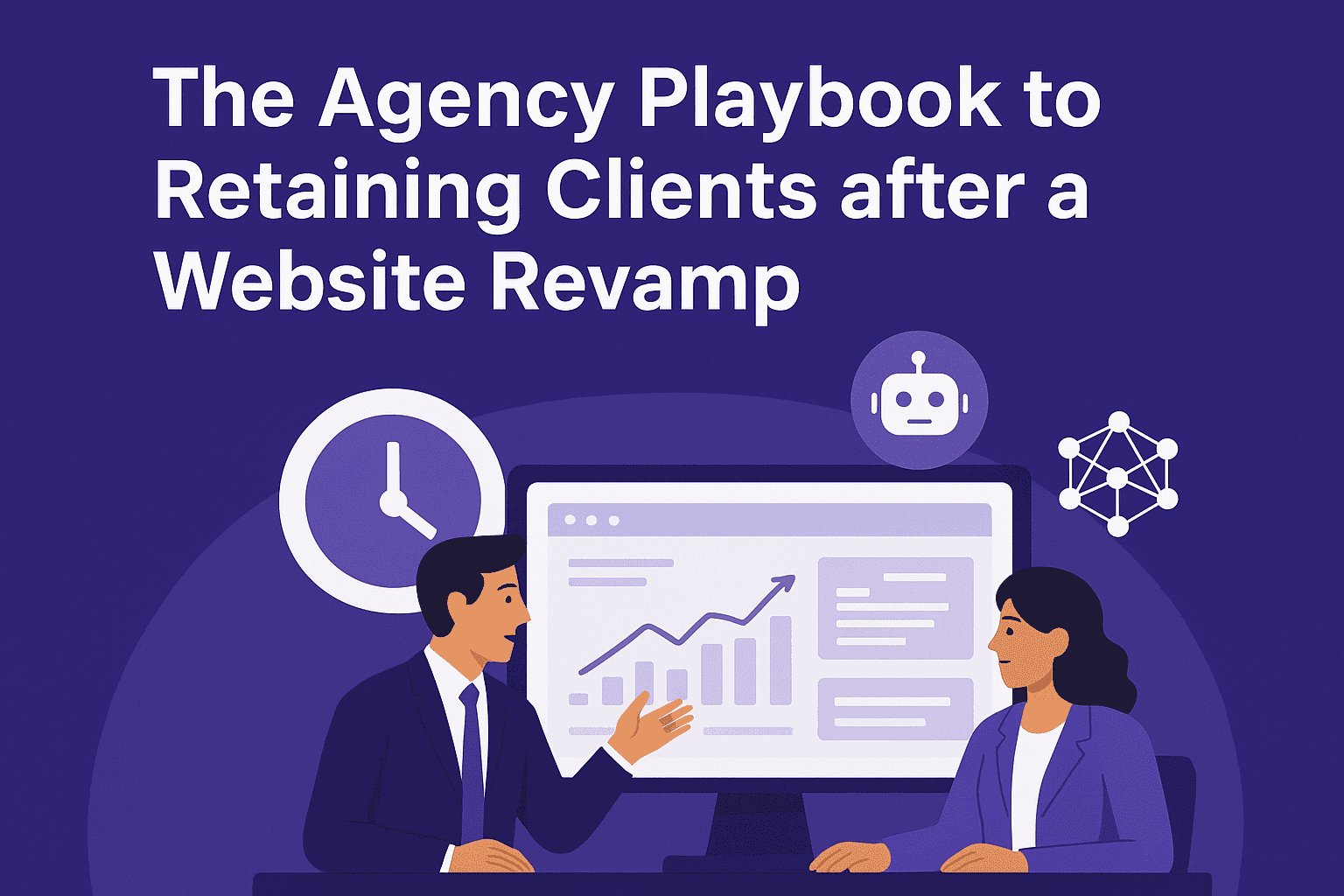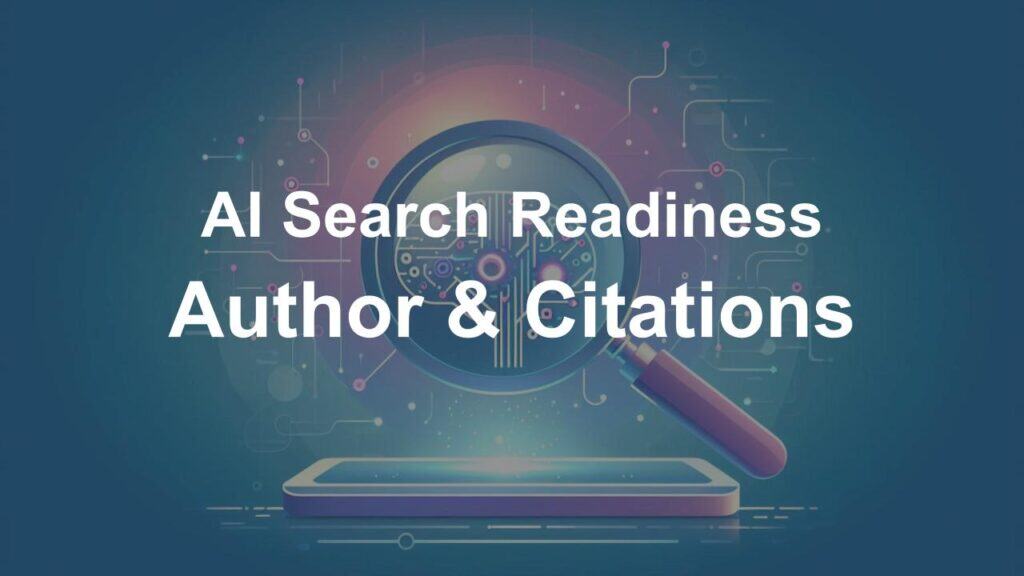
What do Google’s AI Overviews, Perplexity, and Claude all have in common? They don’t just read your content—they ask: who said this, and where’s the proof? In our last blog, we explored how outbound links help ground your content in authoritative sources. Now, we’ll take that a step further by looking at the role of authorship and citations in building real trust signals for both readers and AI systems.
Search has evolved. We’re no longer in the days when sprinkling in the right keywords was enough. Today’s AI-powered platforms care about credibility just as much as they care about relevance. Two simple but powerful ways to show that credibility are through authorship and citations. Together, they strengthen your E-E-A-T (Experience, Expertise, Authoritativeness, Trustworthiness) and help AI decide whether your content deserves to be highlighted.
Why Authorship Matters in the Age of AI
Every piece of content has a voice—but it also needs a name. Authorship connects your content to a real person, brand, or organization.
When you see an article signed by a cybersecurity researcher, it instantly feels more reliable than one published anonymously. The same goes for health blogs, legal insights, or even travel tips—knowing who wrote it builds confidence.
For AI, authorship works the same way. It signals that an identifiable human with real-world experience stands behind the content. That makes it easier for AI models (and readers) to trust what you’re saying.
The Role of Citations in Content Credibility
If authorship tells readers who you are, citations show where your knowledge comes from. They’re the breadcrumbs that lead back to trusted, authoritative sources.
Quoting research from the CDC or linking to a government report adds weight to your claims. Without them, your content can sound like opinion; with them, it feels grounded in fact.
Think of it this way: would you trust a health blog that cites Mayo Clinic, or one that just says “studies show” without telling you which ones? AI tools notice the difference—and so do your readers.
The AI + E-E-A-T Evolution
The rise of AI summaries has brought E-E-A-T into sharper focus.
- Experience & Expertise → reinforced through clear authorship.
- Authoritativeness & Trustworthiness → reinforced through solid citations.
In this evolving landscape, proving credibility matters just as much as producing good content. AI tools like Google’s AI Overviews and Perplexity aren’t just scanning for keywords—they’re checking if your information looks dependable, human-backed, and supported by evidence.
Common Mistakes to Watch Out For
Even well-meaning sites sometimes trip up. A few things to avoid:
- Publishing without author bios.
- Linking to weak or unrelated sources.
- Stuffing in too many citations (quantity over quality).
- Listing vague or unverifiable credentials.
These aren’t deal-breakers, but they can weaken the trust signals your content sends.
Best Practices for Author & Citations
A few simple steps can make your content far more trustworthy:
- Add detailed author bios with credentials, expertise, and links to professional profiles.
- Use structured data (Author schema, Article schema) so AI can clearly “see” your authorship.
- Cite respected, up-to-date sources—whether research, government sites, or reputable news outlets.
- Update your references regularly to keep them fresh and relevant.
Final Takeaway
In today’s evolving AI-first search world, credibility is everything. Authorship and citations aren’t just nice touches—they’re signals that help your content rise above the noise.
By putting a real name to your work and backing your claims with trusted sources, you make your content easier to believe, easier to trust, and more likely to be surfaced by AI models.And if you’re wondering how prepared your website really is, the AI Readiness tool from Purple Leaf can help uncover gaps and strengthen the trust signals that matter most. In short: show who you are, and show where your knowledge comes from. That’s what earns trust—in readers’ eyes and in AI-driven search.
